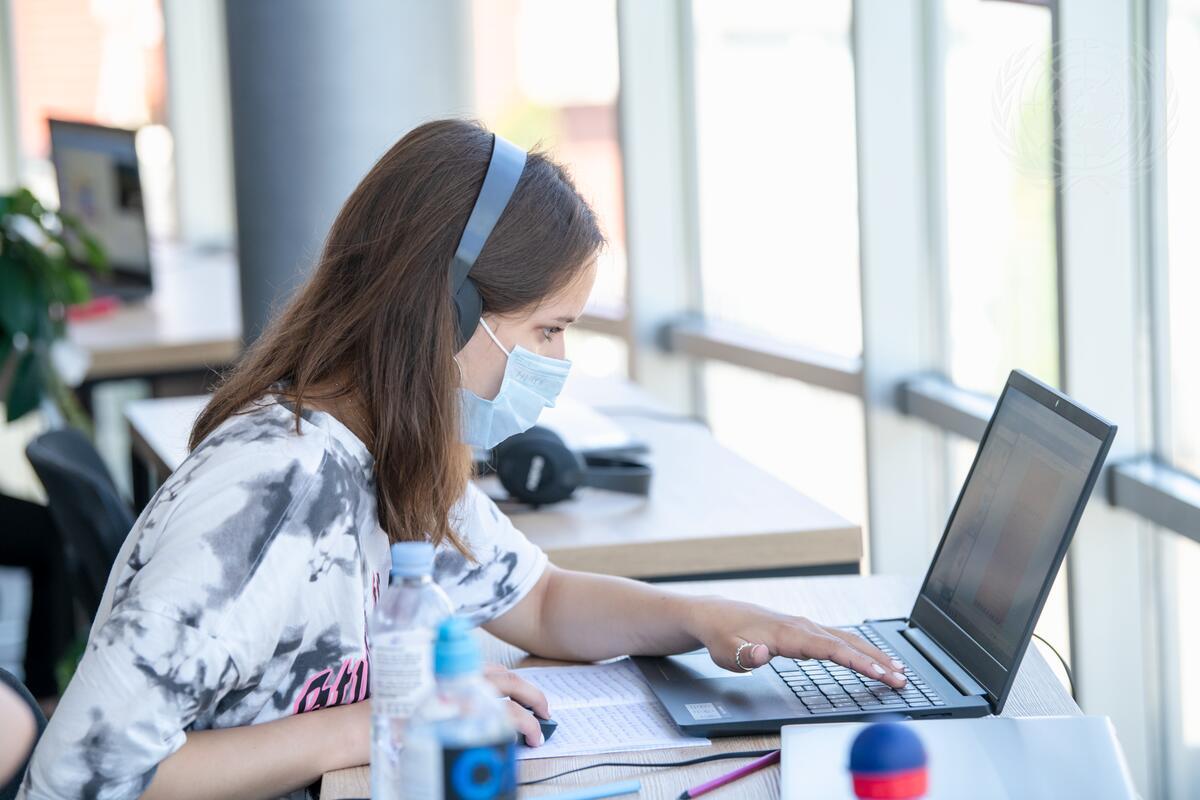ILO Report: Homeworkers need to be better protected

A newly-released ILO report estimates that before the COVID-19 crisis, there were approximately 260 million home-based workers worldwide, representing 7.9% of global employment, of which 56% (147 million) were women. Whilst in the first months of the COVID-19 pandemic in 2020, data estimates that one-in-five workers found themselves working from home.
Nevertheless, homeworkers are experiencing poor working conditions, facing greater safety and health risks and having less access to training than non-home-based workers, which can affect their career prospects. The report emphasised the lack of regulation, social protection, and compliance with existing laws remains a challenge for those working from home.
Since the growth of homeworking is likely to continue in the coming years, as the report says, governments, in cooperation with workers and employers’ organisations, should ensure that all homeworkers move from invisibility to decent work.

